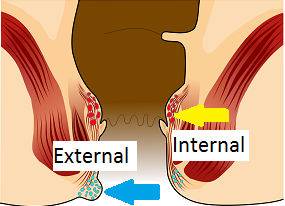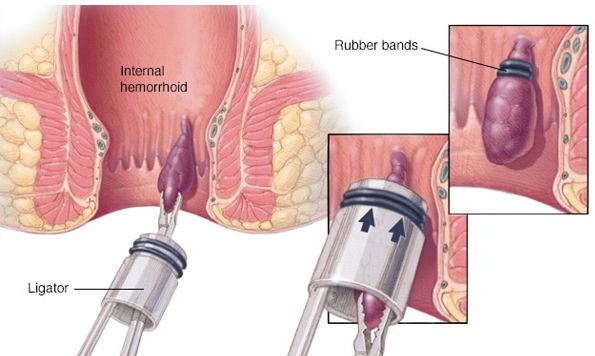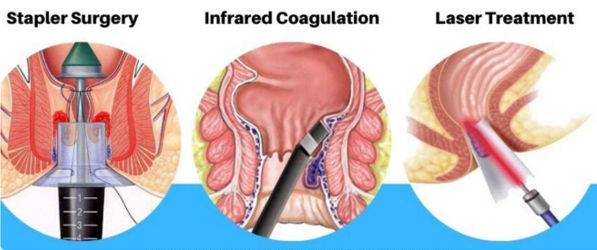322
views
views
Dr. Samrat Jankar is one of the best gastroenterologist in Pune, with a reputation for providing effective and painless treatment for anorectal problems such as piles, fissures, and fistulas.
Inflammatory tissue masses in the anal canal are known as hemorrhoids. Hemorrhoids are commonly known as piles. There are blood vessels, support tissue, muscle, and elastic fibres. Many people have piles, although the symptoms and indicators aren’t usually apparent.
Dr. Samrat Jankar is one of the best gastroenterologist in Pune, with a reputation for providing effective and painless treatment for anorectal problems such as piles, fissures, and fistulas.
Moreover, he offers reliable, advanced, and result-oriented piles treatment in Pune.
Dr. Samrat Jankar, one of the best piles doctor in Pune, checks the patient and prescribes a medication regimen based on the severity of the condition. Dr. Samrat uses the most up-to-date technologies for providing the best piles treatment in Pune.
He also encourages patients to eat well and look after their bodies. Dr. Jankar provides all procedures, whether laser or other, at an affordable cost so that everyone can afford them.
This article will explore piles, their causes, grade, diagnosis, and treatment.
First, let’s know,
In the anal area, piles are inflammatory and bloated clumps of tissue. They occur in a variety of sizes and can be internal or external.
Internal piles are the most common type and are usually located between 2 and 4 cm above the anus opening. External piles appear on the outside anal margin.
Now, let’s know,

Below are some of the signs and symptoms of piles:
Piles are categorized into four different grades:
Grade I: There are minor inflammations, mainly within the anus lining. They can’t be seen.
Grade II: These piles are larger than grade I piles. But they remain within the anus. They may be pushed out during stool passing, but they will return on their own.
Grade III: These are commonly known as prolapsed hemorrhoids and appear outside the anus. They may feel like they are hanging from the rectum, but they are easy to re-insert.
Grade IV: These are unable to be put back in and need treatment. They are big and do not enter the anus.
Let’s discuss,
Dr. Samrat Jankar, one of the top piles specialist in Pune, diagnoses piles based on symptoms and a physical exam. You might also want to consider:
Dr. Samrat Jankar may perform a colonoscopy to confirm the results of other tests or look for colon cancer symptoms. This outpatient surgery requires anesthesia.

If the symptoms worsen or interfere with the patient’s everyday life or sleep, they should visit a doctor. Also, if symptoms do not improve after a week of at-home treatments, seek medical attention. Dr. Samrat Jankar, one of the best piles doctor in Pune, may employ the following procedures to treat piles:

Dr. Samrat Jankar is one of the leading piles specialist in Pune, with a wealth of experience guiding him to provide world-class care to each of his patients. Patients consult him for safe, ethical, and discreet treatments, which he gives using cutting-edge technology and innovative techniques.
Dr. Samrat treats each patient individually, resulting in outstanding piles, fissures, and fistula treatment in Pune under one roof. Make an appointment with Dr. Samrat Jankar to avail of the best piles treatment in Pune.










